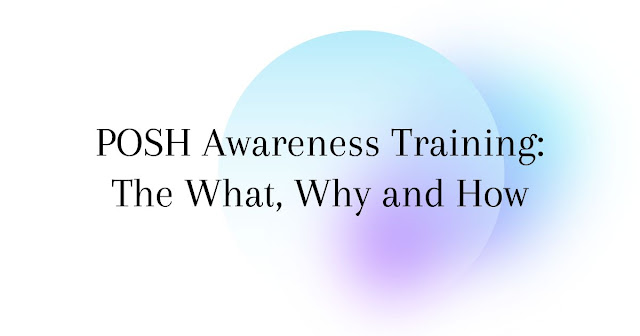Five common myths related to the Protection of Women from Sexual Harassment (POSH) Act of 2013
Five common myths related to the Protection of Women from Sexual Harassment (POSH) Act of 2013, along with their accurate answers:
Myth 1: The POSH Act applies only to women.
Answer: The POSH Act is named primarily to emphasize its focus on protecting women from sexual harassment, but it is not limited to women alone. The Act also covers individuals of any gender who may experience sexual harassment in the workplace. Both men and women are protected under the Act, and anyone can file a complaint if they are subjected to sexual harassment.
Myth 2: The POSH Act is only applicable to formal office settings.
Answer: The POSH Act is not limited to formal office environments. It applies to all workplaces, including offices, factories, shops, educational institutions, NGOs, and any other place where a person may be employed. It also covers employees, interns, and even visitors or third parties who may be subjected to sexual harassment in the workplace.
Myth 3: Only physical harassment constitutes sexual harassment under the POSH Act.
Answer: The POSH Act defines sexual harassment broadly and includes various forms of harassment, not just physical. It encompasses verbal, non-verbal, and physical acts that create a hostile or intimidating work environment. This includes unwelcome advances, comments, gestures, and any other behavior that can be reasonably considered sexual harassment.
Myth 4: The POSH Act only requires the establishment of Internal Complaints Committees (ICCs).
Answer: While the POSH Act mandates the establishment of ICCs within organizations, it also provides for Local Complaints Committees (LCCs) at the district level for workplaces with fewer than ten employees or where the complaint is against the employer itself. The Act ensures that workplaces of all sizes have mechanisms in place to address sexual harassment complaints.
Myth 5: Reporting sexual harassment will negatively impact the victim's career.
Answer: The POSH Act prohibits retaliation or adverse action against anyone who files a sexual harassment complaint. Reporting sexual harassment is a protected right, and the Act emphasizes the importance of maintaining confidentiality during investigations. Employers are legally obligated to ensure that the person who reports harassment does not face any adverse consequences, and their career should not be negatively impacted for coming forward.
It's essential for both employers and employees to be aware of the provisions of the POSH Act and dispel these myths to create a safer and more respectful work environment. Organizations should also ensure that they have proper mechanisms in place to address sexual harassment complaints and that employees are educated about their rights and the reporting procedures.

Comments
Post a Comment